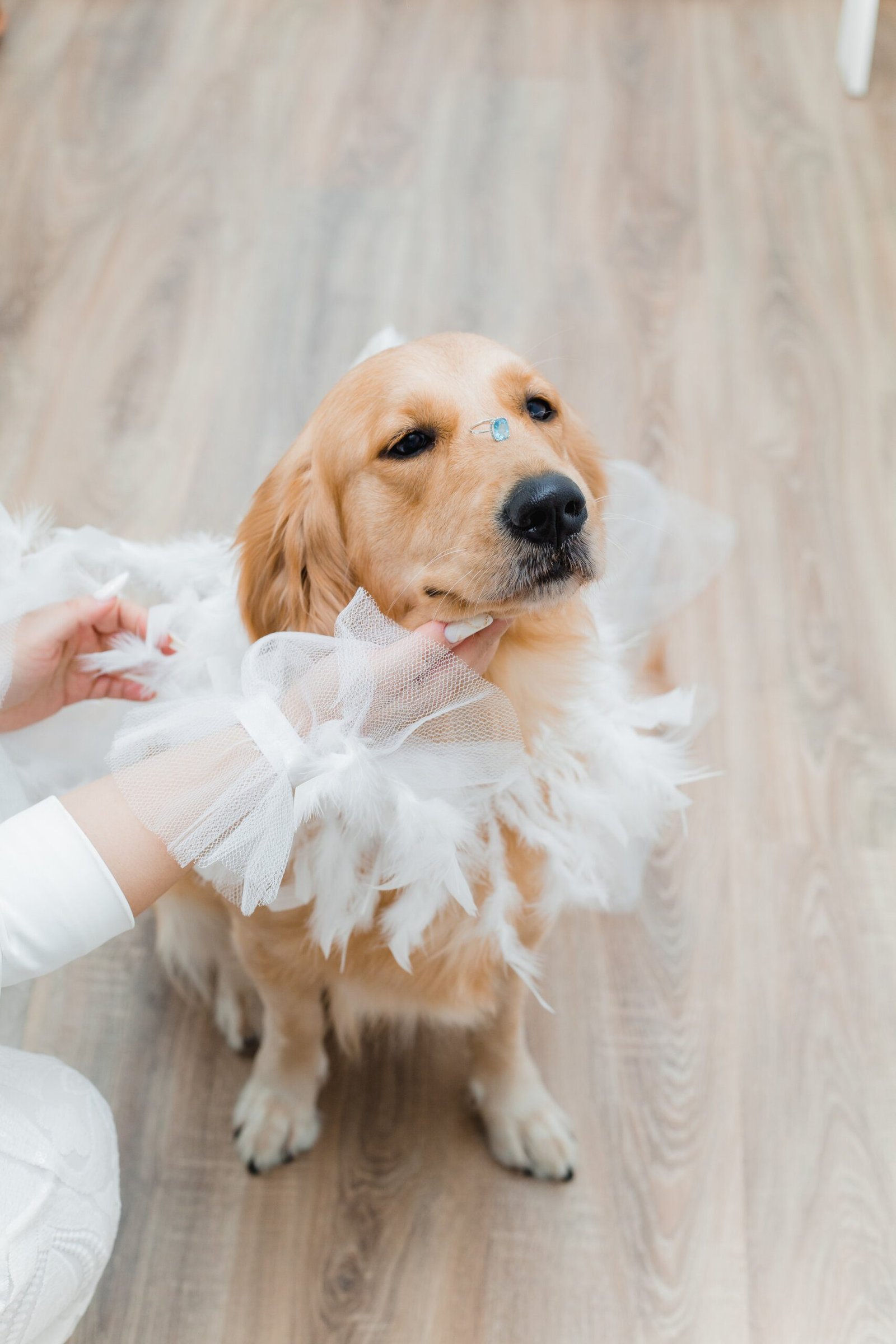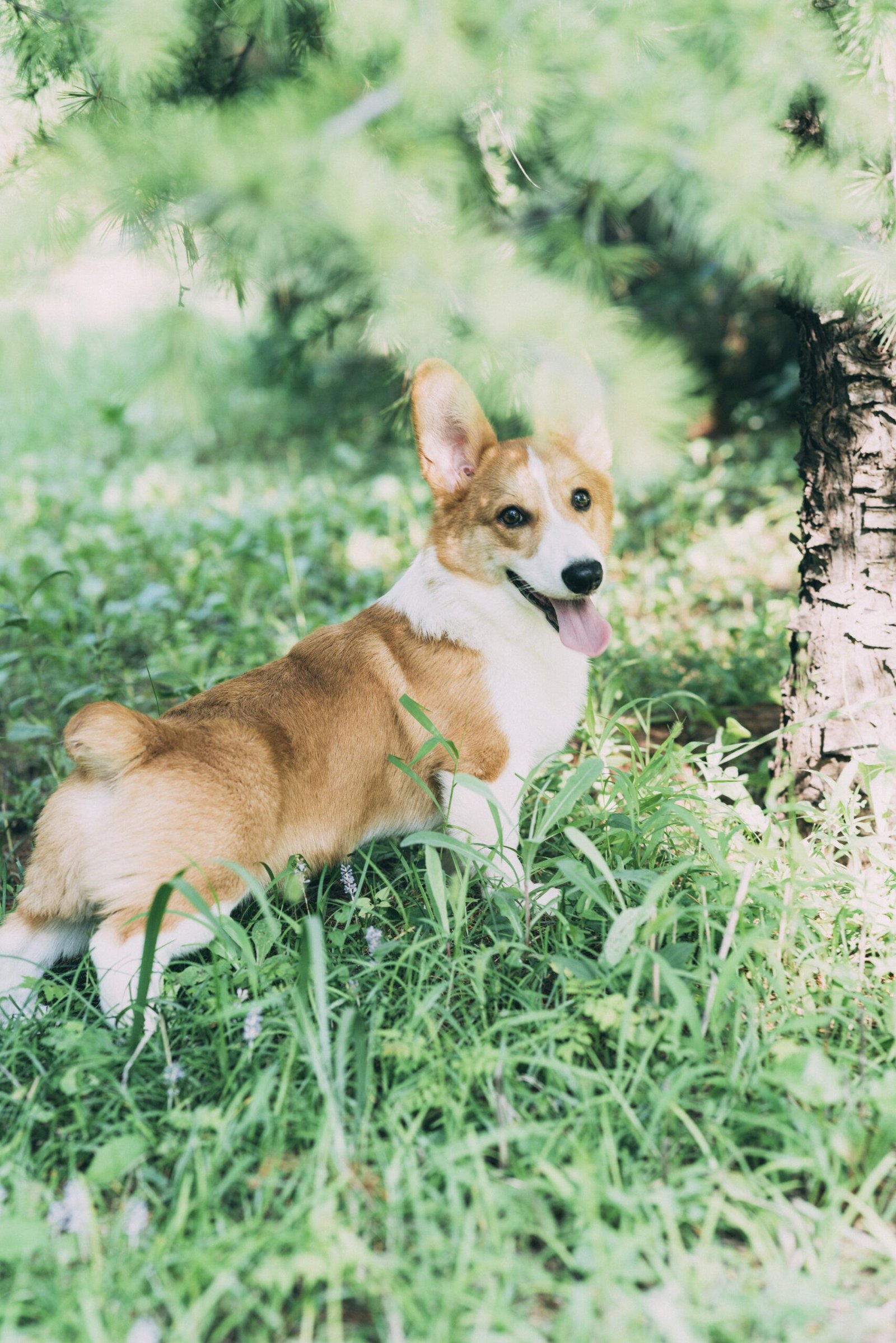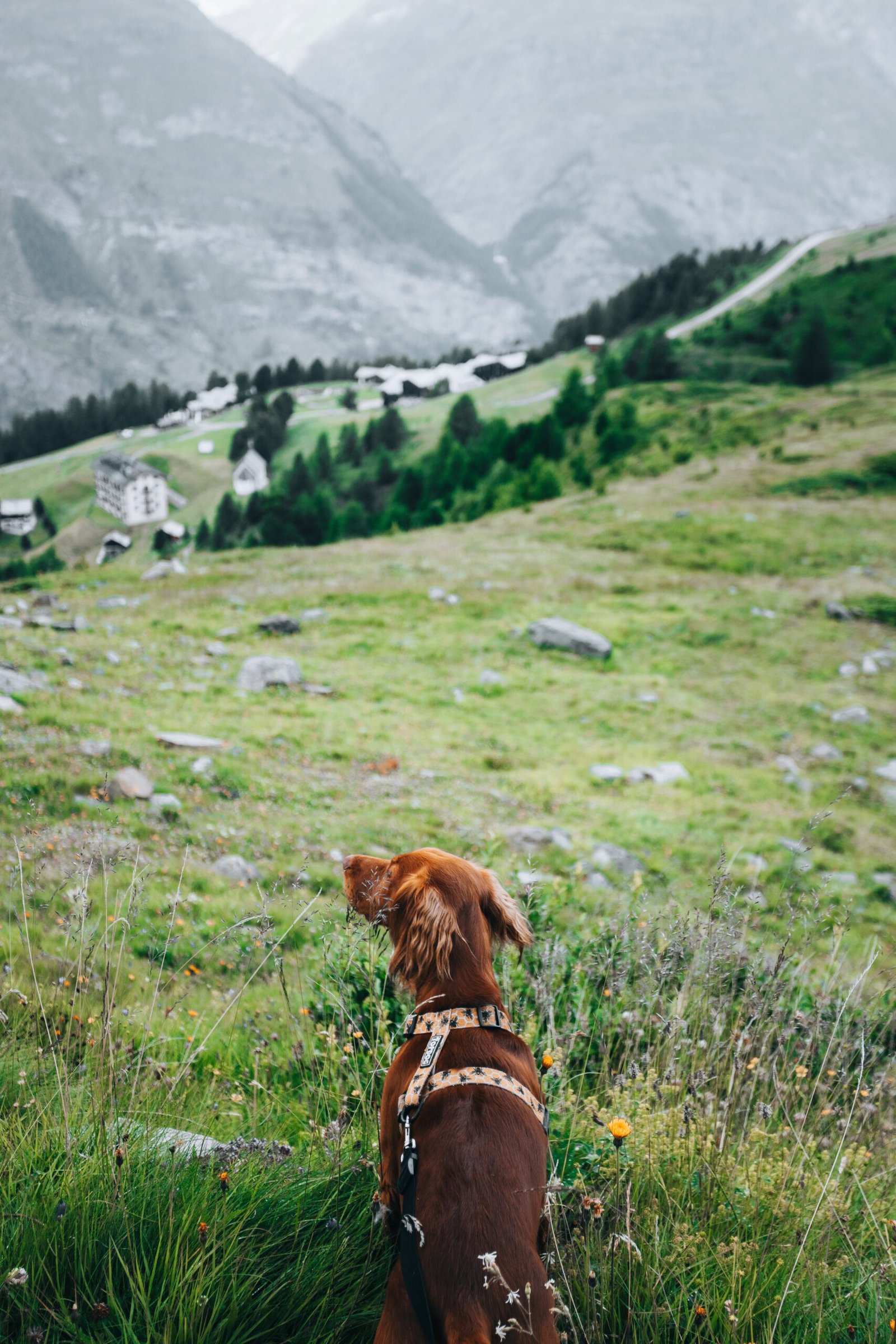Table of Contents
If you’re considering adding a furry bundle of joy to your family, look no further than the Akita dog breed. Akitas are known for their stunning appearance, unwavering loyalty, and strong, independent nature. In this article, we will explore everything you need to know about Akitas, from their origins in Japan to their characteristics and temperament. Whether you’re a first-time dog owner or an experienced handler, this comprehensive guide will provide you with all the information you need to make an informed decision about welcoming an Akita into your home. And if you’re wondering about the Akita dog price in Singapore, we’ll cover that too. Get ready to fall in love with these magnificent creatures and discover why the Akita breed is a popular choice for many dog enthusiasts.
Akita Dog Breed: Everything You Need to Know

History
The history of the Akita dog breed is rich and fascinating.
Origins
The Akita breed can be traced back to ancient Japan. They were initially developed as hunting and guard dogs, used by the Japanese nobility to hunt large game like boars and bears. Akitas were highly valued for their strength, agility, and bravery. Over the centuries, they became symbols of loyalty and were even considered sacred in Japanese culture.
Popularity in Japan
In Japan, Akitas are incredibly popular and hold a special place in the hearts of the Japanese people. They are seen as a national treasure and are often depicted in various forms of art, including paintings, sculptures, and even as characters in folklore and literature. The breed’s popularity remains strong in Japan to this day.
Introduction to the West
The introduction of Akitas to the West occurred after World War II. American servicemen stationed in Japan were captivated by the breed’s beauty and impressive qualities, and some brought Akitas back to the United States. Once they arrived in the West, Akitas quickly gained popularity, eventually becoming one of the most sought-after breeds in certain regions.
Appearance
The Akita is a strikingly beautiful dog with an imposing presence.
Size and Weight
Akitas are large and powerful dogs. Males typically stand between 26 and 28 inches tall at the shoulder and weigh between 100 and 130 pounds. Females are usually slightly smaller, standing around 24 to 26 inches tall and weighing 70 to 100 pounds. With their robust build and sturdy frame, Akitas exude strength and elegance.
Coat and Colors
Akitas have a double coat with a dense, insulating undercoat and a straight, harsh outer coat. The breed comes in various colors, including white, brindle, and pinto. The most iconic and recognizable coloration is the Akita Inu, which features a rich, red coat with white markings on the chest, muzzle, and legs. Other colors can also be found, such as black and tan, but they are less common.
Distinct Facial Features
One of the Akita’s most distinctive features is its broad head and bear-like face. They have small, triangular-shaped eyes that reflect intelligence and alertness. Akitas also possess erect, triangular ears that give them an attentive and watchful appearance. Their strong, well-developed jaws are capable of delivering a powerful bite, which adds to their impressive character.

Temperament
Akitas are known for their unique temperament and complex personality traits.
Loyal and Protective
Akitas are fiercely loyal and devoted to their family. They are known for their unwavering dedication and will go to great lengths to protect their loved ones. Akitas have a strong protective instinct, making them excellent guard dogs. Their intimidating presence alone is often enough to deter potential intruders.
Independent and Strong-Willed
While Akitas are loyal, they are also known for being independent and strong-willed. They have a stubborn streak and can be quite headstrong. It is important to establish clear leadership and consistent training from a young age to ensure they understand boundaries and respect their owners’ authority.
Good with Children
Despite their imposing size, Akitas can be gentle and affectionate with children. They often form strong bonds with the younger members of the family and are known to be protective of them. However, due to their size and strength, supervision should always be exercised, especially with younger children, to prevent any accidents or unintentional harm.
Potential Aggression
Akitas have a natural wariness towards strangers and can be reserved or aloof when meeting new people. Early socialization is crucial to ensure that they develop into well-rounded dogs. Without proper socialization and training, Akitas may exhibit aggression towards other animals or even unfamiliar humans. Responsible ownership and consistent positive reinforcement training methods are essential to mitigate any potential aggression issues.
Socialization and Training
Early socialization is crucial for Akitas to grow into confident and well-behaved dogs. Exposing them to a variety of people, animals, and environments from a young age helps to prevent fear or aggression towards unfamiliar situations. Training should be consistent, firm, and positive. Akitas respond well to rewards-based training methods and require an experienced owner who can establish themselves as a strong, calm, and consistent leader.
Health
Like all dog breeds, Akitas are predisposed to certain health issues.
Common Health Issues
Akitas can be prone to various health problems, including hip dysplasia, progressive retinal atrophy, autoimmune conditions, and certain types of cancers. Responsible breeders prioritize health testing and genetic screening to reduce the risk of passing on these conditions to their offspring. Regular veterinary check-ups, a balanced diet, and an active lifestyle can help maintain an Akita’s overall health and well-being.
Hip Dysplasia
Hip dysplasia is a common orthopedic condition that affects many large dog breeds, including Akitas. It occurs when the hip joint does not develop properly, leading to pain, lameness, and arthritis. Regular exercise, a healthy diet, and avoiding excessive weight gain can help reduce the risk of hip dysplasia in Akitas.
Progressive Retinal Atrophy
Progressive retinal atrophy (PRA) is an inherited condition that causes the gradual deterioration of the retina, leading to eventual blindness. Responsible breeders will conduct genetic testing to identify carriers of PRA and avoid breeding them. Regular eye examinations by a veterinary ophthalmologist can help detect PRA early on and allow for appropriate management.
Autoimmune Conditions
Akitas can be predisposed to certain autoimmune conditions, such as autoimmune thyroiditis and autoimmune hemolytic anemia. Regular blood tests and monitoring of the immune system can help identify any abnormalities, and appropriate veterinary care should be sought if any symptoms or concerns arise.
Grooming needs
Akitas have a thick double coat that requires regular grooming. They shed heavily twice a year, during which additional brushing and grooming is necessary to manage the shedding. Regular brushing helps keep their coat clean and reduces the occurrence of matting. Additionally, attention should be given to their nails, teeth, and ears to ensure overall cleanliness and prevent any discomfort or health issues.

Exercise and Activity
Akitas are energetic dogs that require regular exercise and mental stimulation.
High Energy Level
Akitas have a high energy level and need ample opportunities to burn off their excess energy. Engaging them in physical activities helps prevent destructive behavior and keeps them mentally and physically stimulated.
Daily Exercise Requirements
To keep an Akita healthy and content, daily exercise is essential. This can include brisk walks, jogging, or playing in a securely fenced yard. It is important to note that Akitas should be leashed or securely confined when outside, as their strong prey drive and protective instincts may lead them to chase after small animals or show aggression towards other dogs.
Mental Stimulation
In addition to physical exercise, mental stimulation is crucial for Akitas. Puzzle toys, obedience training, and interactive play sessions help keep their minds engaged and prevent boredom. Akitas thrive when they have a job to do or a task to complete, so providing them with training activities or obedience classes is highly beneficial.
Feeding and Nutrition
Proper nutrition is vital to ensure the overall health and well-being of Akitas.
Nutritional Requirements
Akitas need a balanced diet that consists of high-quality dog food specifically formulated for large breeds. The food should provide essential nutrients, including protein, carbohydrates, fats, vitamins, and minerals. Consultation with a veterinarian or a canine nutritionist can help determine the appropriate dietary needs for an Akita based on their age, activity level, and any specific health concerns.
Feeding Schedule
Establishing a regular feeding schedule is recommended for Akitas. This helps prevent overeating and excessive weight gain, which can lead to various health issues, including joint problems. Dividing their daily food portions into two or three meals throughout the day is generally recommended.
Health Concerns
Obesity can be a significant concern for Akitas, as excess weight puts additional strain on their joints, potentially exacerbating conditions such as hip dysplasia. Feeding appropriate portion sizes and providing regular exercise is essential for maintaining a healthy weight and overall well-being.
Living Environment
The living environment for an Akita should be well-suited to their specific needs.
Suitable Homes
Akitas are best suited for homes with experienced dog owners who have the time, patience, and dedication to meet their physical and mental needs. They require ample space to move around comfortably, so a house with a securely fenced yard is preferable.
Indoor or Outdoor Living
While Akitas can adapt to both indoor and outdoor living, they thrive when they have access to both environments. They enjoy spending time with their owners indoors but also need plenty of supervised outdoor time for exercise and mental stimulation. In colder climates, a cozy and well-insulated shelter should be provided to protect them from harsh weather conditions.
Climate Considerations
Akitas have a thick double coat that provides insulation and protects them from various weather conditions. However, they are sensitive to extreme heat and can easily overheat. Adequate shade, access to fresh water, and keeping them indoors during the hottest parts of the day are essential in warmer climates.
Training and Socialization
Training and socialization are crucial aspects of owning an Akita.
Importance of Early Training
Early training is essential for Akitas to develop into well-behaved and balanced dogs. Starting training as soon as possible allows them to learn basic commands, proper behavior, and establishes boundaries from an early age. Consistency, positive reinforcement, and rewards-based methods are the most effective training approaches for Akitas.
Obedience Training
Akitas benefit greatly from obedience training. Alongside basic commands, teaching them proper leash walking, recall, and impulse control is vital, especially considering their strong instincts and potential for aggression towards other animals. Advanced obedience training can also be enjoyable for both the owner and the dog, providing mental stimulation and strengthening the bond between them.
Socialization with Other Animals
Proper socialization with other animals is crucial for Akitas. Early exposure to different dogs, and even other species, helps them develop positive and appropriate behaviors towards animals they encounter later in life. It is essential to ensure safe interactions and closely supervise any introductions, especially with smaller animals or unfamiliar dogs.
Breed Specific Legislation
Breed Specific Legislation (BSL) refers to laws or regulations that target specific dog breeds due to safety concerns or perceived aggression.
Overview of BSL
BSL is a controversial topic, and its effectiveness in reducing dog bites or improving public safety is debated. Some areas have enacted BSL that targets breeds like Akitas, imposing restrictions on ownership or even outright bans. It is important to research and understand the local laws and regulations before considering the adoption or ownership of an Akita.
Relevance of Akita Breed
Akitas are occasionally included in BSL due to misguided perceptions of aggression. However, responsible ownership, early socialization, and training can help mitigate any potential issues. It is essential to continue educating the public about responsible dog ownership and advocate for fair, well-informed legislation that focuses on individual dog behavior rather than breed stereotypes.
Legal Restrictions
Legal restrictions or requirements for owning an Akita can vary depending on the jurisdiction. Some areas may require specific licenses, insurance, or behavioral assessments for certain breeds, including Akitas. Checking local laws and regulations, as well as consulting with local authorities, will provide clarity on any legal restrictions in a specific area.
Breeders and Adoption
Choosing the right breeder or considering adoption are both valid options when adding an Akita to your family.
Finding a Reputable Breeder
When selecting a breeder, it is essential to find one who prioritizes the health and well-being of their dogs. A reputable breeder will conduct health testing, provide proper socialization, and offer support and guidance throughout the life of the dog. Researching the breeder’s reputation, visiting their facility, and asking for references from previous puppy buyers can help ensure that you are working with a responsible breeder.
Rescue and Adoption Centers
Adopting an Akita from a rescue or adoption center is another option. Many Akitas are surrendered or abandoned, and these organizations provide them with a chance for a new life. Adoption centers typically assess the dog’s temperament and health, fostering them in a safe and nurturing environment until they find their forever homes. Adopting a rescue Akita is a wonderful way to provide a loving home to a deserving dog.
Considerations for Adoption
When adopting an Akita, it is crucial to consider their specific needs and any potential challenges they may present. Akitas with unknown backgrounds may require additional patience, training, or behavior modification. Potential adopters should be prepared to invest time, resources, and love into helping the dog adjust to their new home and overcome any challenges that may arise.
In conclusion, the Akita dog breed is a magnificent and noble companion. With their rich history, striking appearance, unique temperament, and specific care requirements, Akitas are a breed that demand respect, understanding, and responsible ownership. Whether obtained through a reputable breeder or adopted from a rescue center, a well-cared-for Akita can bring immeasurable joy and loyalty to their family. By providing them with love, training, and a suitable living environment, you can ensure their well-being and enjoy a fulfilling relationship for years to come.



